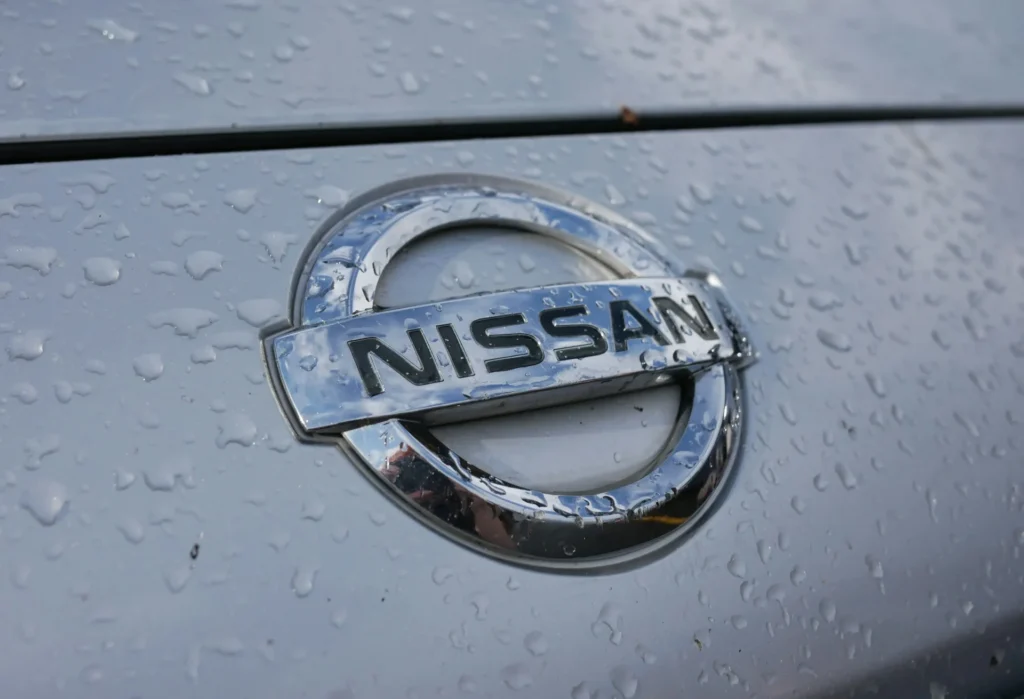Nissan confirmed Friday that it would eliminate 11,000 more jobs and shut seven factories as it faces mounting losses. The Japanese automaker is restructuring aggressively after weak sales in China and heavy discounting in the U.S. severely hurt earnings.
Nissan’s newly appointed CEO, Ivan Espinosa, announced the latest layoffs, totaling about 20,000 job losses over the year. That figure represents roughly 15% of Nissan’s 133,500-person global workforce, including 6,000 employees at the Sunderland plant in the UK.
Company officials have not confirmed if these global job cuts will directly affect the Sunderland factory. Espinosa, formerly Nissan’s chief planner and motorsports director, replaced Makoto Uchida after a proposed Honda merger collapsed.
Talks with Honda and Mitsubishi ended in February after both sides failed to agree on a $60 billion industry merger. The deal would have created the world’s fourth-largest automaker in terms of vehicle sales, behind Toyota, Volkswagen, and Hyundai.
Most new cuts target manufacturing jobs, though sales, administration, research, and contract workers will also face downsizing. Back in November, Nissan had previously announced multiple layoffs and a production cut to reduce operational costs.
The company also reported a staggering annual loss of $4.5 billion, partially blamed on U.S. tariffs. Espinosa described the financial year as challenging due to rising costs and a volatile market environment that complicated recovery efforts.
Due to tariff uncertainties, Nissan has declined to issue an income forecast for the coming financial year. Last week, Nissan canceled a planned electric vehicle and battery factory in Japan as it reduced capital investment amid losses.
In China, Nissan saw a 12% sales drop, and local competitors like BYD undercut foreign carmakers in price and technology. Though Nissan retail sales rose slightly in the U.S., inflation and interest rates have dampened overall new car purchases.








